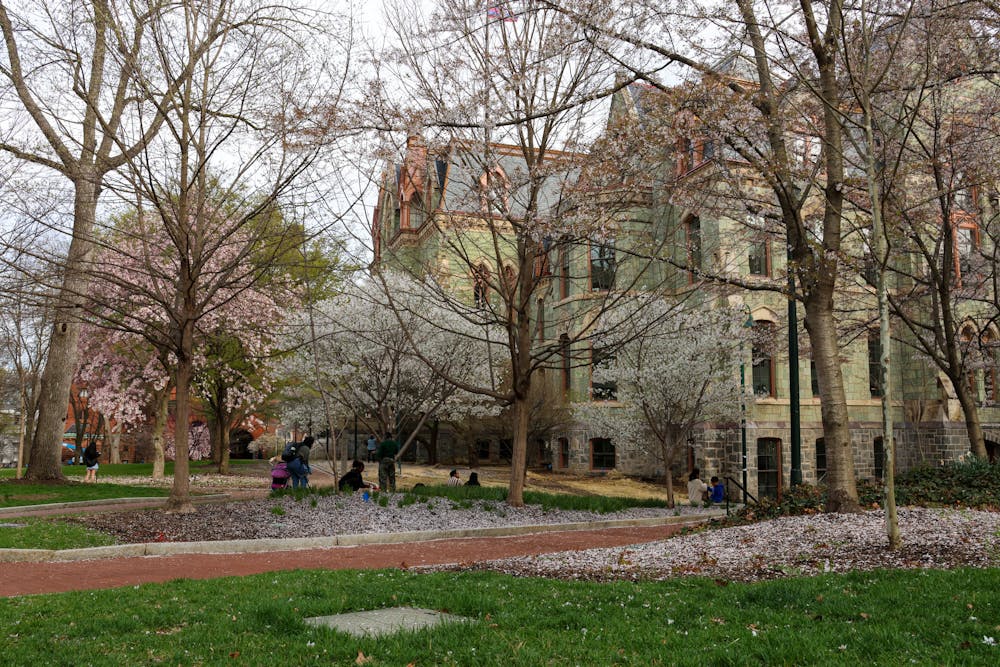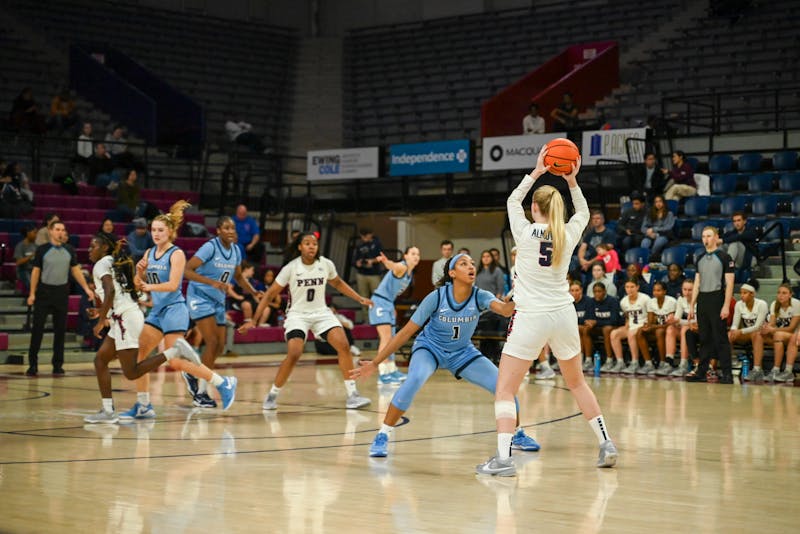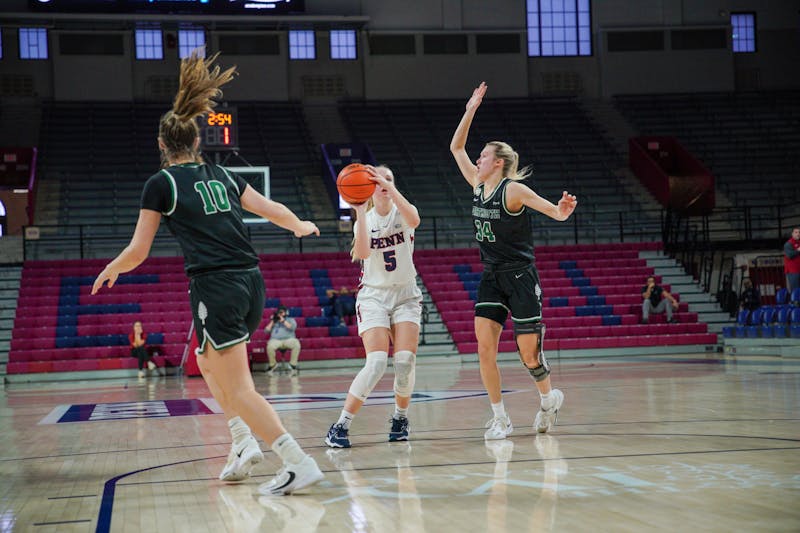
Penn faculty condemned the recent revocation of student visas by the federal government in interviews with The Daily Pennsylvanian.
In an April 7 email, International Student and Scholar Services informed students that Penn had become aware of the changes to “at least three” students' immigration statuses through a regular review of the Student and Exchange Visitor Program database, an online directory of international student records operated by the Department of Homeland Security. The DP spoke with Penn faculty members to discuss how these actions have impacted international community members and the University.
Professor of History and Sociology of Science Harun Küçük — who also formerly served as the faculty director of the Middle East Center before resigning in 2023 — described the situation as “terrifying,” but “entirely expected.”
Immigration attorney and University of Pennsylvania Carey Law School lecturer Nicole Simon similarly said the situation was “unprecedented” and “alarming.” She added that visa cancellations have historically not impacted student statuses — the ability of a student to remain in the United States — and stated that the decision left students “in limbo.”
“It’s been much scarier to be in the country as a foreign national, whether you have legal status or not,” Simon said. “This is definitely an administration intent [on] limit[ing] immigration.”
Simon also questioned the legality and constitutionality of the "frightening path that the government is going down," and noted that there is no proof that any of the students who have faced visa revocations did anything "wrong" or "illegal" that would result in the terminations.
Presidential Penn Compact Professor of Political Science Erik Wibbels described the revocations as “political theater” and said that they were “unconstitutional and meant to intimidate people.” Küçük similarly questioned “whether these [cancellations and revocations] follow due process or whether they are entirely arbitrary.”
Professor of Sociology Wendy Roth expressed concern for the safety of international students and faculty members at Penn. She said that international graduate students she has interacted with are feeling “insecure” about their travel and residential capabilities. Roth added that those students are unclear if they will be able to return home for visits, or in case of family emergencies.
Faculty members also highlighted concerns that the Trump administration’s broader immigration policies would lead to a “brain drain” as international students are disincentivized from coming and staying in the United States for work or study. Simon, noting the difficulty of the visa process, speculated that "a lot of these students are going to opt to leave" — and added that they are "probably not going to want to come back.”
“Penn and universities like it in the U.S. are just not going to be attractive to international students,” Wibbels stated. “We want to be institutions that attract the best and the brightest, and it's kind of pathetic to imagine that we're not going to be able to attract such students. They’re not going to want to come here.”
Roth described the policies as an “absolute travesty,” and said they would cause the U.S. to lose its "leadership position at the forefront of innovation, scientific discovery, and the creation of knowledge.”
“We've attracted people from around the world to the United States to study at our universities, and now we are very quickly, in one fell swoop, losing a lot of that reputation that has taken decades and decades to build,” Roth said. “I think it is absolutely one of the most horrendous things that I have experienced.”
According to Wibbels, reductions in U.S. foreign assistance have already reduced opportunities to participate in field work. He alleged that the visa revocations would create a "dampening effect" as international students grow more reluctant to travel.
Wibbels also said that he believes that these policies would discourage international students from getting involved with on-campus activism and politics, who feel "too intimidated to be involved at this point in broader programming."
Faculty members presented differing views on what they would like to see Penn do in the face of potential student deportations.
Simon said that there is little she expects Penn to be able to do in the face of federal action on immigration, describing the situation as "out of their hands."
Other faculty, like Roth, expressed a desire for a “coordinated response” from universities across the country.
“It doesn't feel like there's leadership at this time coming from our universities … and it's very demoralizing not to feel that the presidents of these universities are taking a stance for what they believe in,” Roth said.
She added that university leaders should “make a strong case” for the “value of an American higher education” to international students.
“I think that there is a hunger for a stronger stance from university leadership to push back on these steps,” Roth said.
While Wibbels did not offer a specific plan of action for American universities, he expressed a desire for "wealthy universities" to take a more "aggressive" stance in "defending the environment around higher education at this point."
“I think international students are a part of a broader picture," Wibbels said. "I understand why universities are intimidated, but I'm not sure what remaining so quiet is doing.”
Küçük similarly said that he does not “expect [Penn] to do anything” unless it is collective across all of higher education.
“Clearly, a certain threshold has been crossed nationwide, and there is no competitive advantage to be gained from acting differently,” Küçük said. “Whatever needs to happen needs to happen collectively.”
The Daily Pennsylvanian is an independent, student-run newspaper. Please consider making a donation to support the coverage that shapes the University. Your generosity ensures a future of strong journalism at Penn.
Donate









